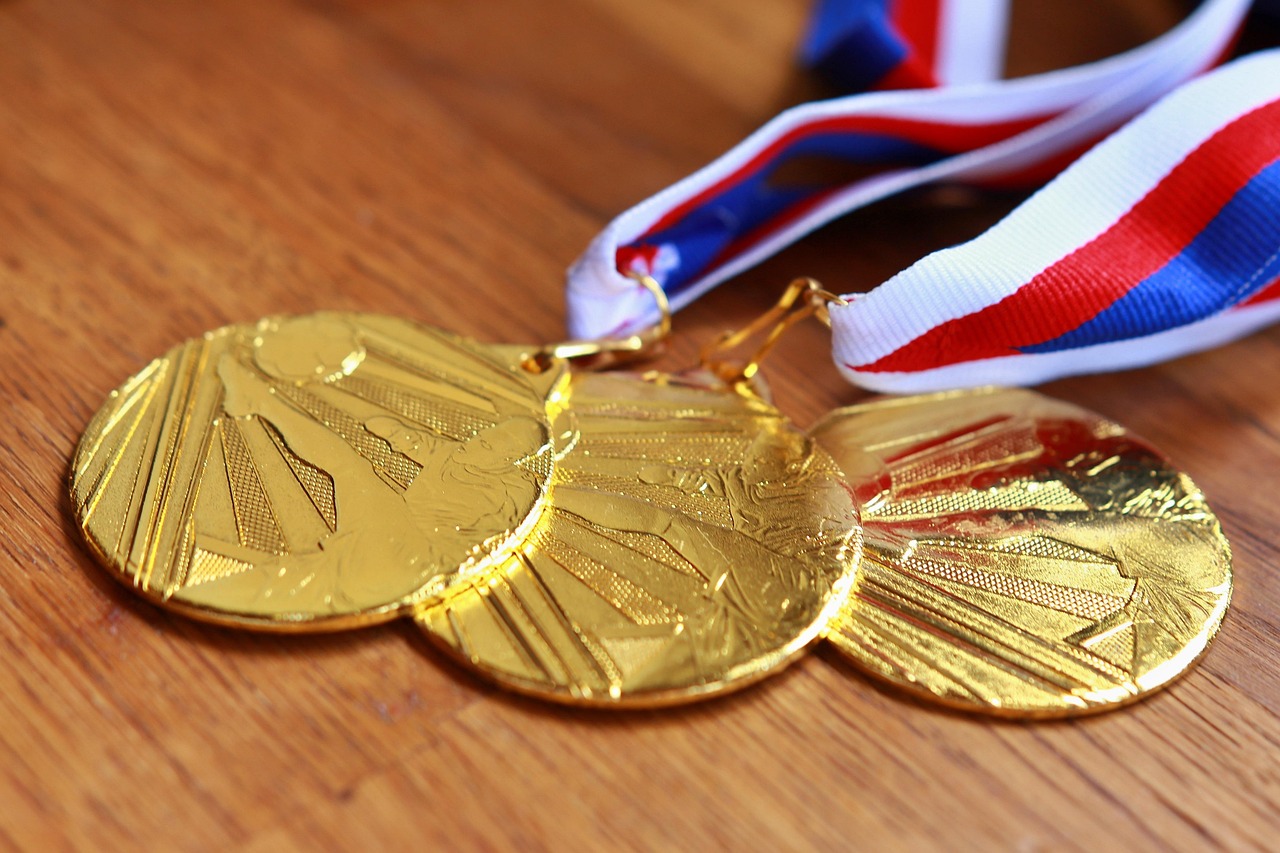By Victoria Tillson Evans, Ph.D.
My mom recently toted several items over to my house in an eager effort to clean out my old closet. Shoved in a plastic Safeway bag was a mixture of relics from my teens and twenties: a few quirky thinking-of-you Hallmark cards from my parents, a ticket to the Vatican’s All Saints Day Mass during the 2000 Jubilee, a pair of oversized sunglasses, an Italian newspaper from the day Pope John Paul II passed (I have a little obsession with all things Rome-related), and, somewhat embarrassingly, my high school scrapbook of awards.
After my mom left, my husband urged me to open the scrapbook and share my former glory. Always a perfectionist, I had each certificate and ribbon carefully pasted in the exact center of each page—just in case a college interviewer wanted to look through my book. Each one, in its own way, reminded me of my previous pursuits: some I was seriously passionate about (softball, math, psychology, lacrosse), some I did because I thought they looked good to colleges (piano, lots of community service), and some, in all honesty, I can’t remember too well (art? soccer? Sure, why not).
It’s all quite funny to me now, since I’m just a tad savvier about the college admissions process, given what I do for a living (no, you shouldn’t tote such scrapbooks with you to interviews), and since the process itself has evolved massively since the ’90s. What struck a nerve, however, was the end-of-high-school résumé tucked in the back, which listed among my accolades my inclusion in Who’s Who Among American High School Students.
As a 17-year-old who worked her butt off to earn this scrapbook full of awards, this felt like big-time validation. Of course I was getting noticed by people I didn’t know—because I was awesome! The reality, however, was that as a not-so-savvy 17-year-old looking for any and every award I could collect to propel me out of Burtonsville, Maryland, toward a successful future, I got scammed.
Fake awards are unfortunately part of the American college admissions process. With the high stakes and fierce competition—especially at the most selective schools—we are all eager to find opportunities that will take us one step closer to achieving our educational dreams. While Who’s Who fortunately shuttered its operations in 2007, that hasn’t stopped numerous other private companies from stepping in to take its place and induce guileless teenagers and their parents into spending money on meaningless honors.
Every year, clients forward emails to me wondering if a certain honor society, event, or award is worth paying for. The offers certainly look prestigious—the words “national” and “honor” appear in some fashion, and the materials look incredibly professional. The fact that alarm bells go off in people’s heads and they feel the need to contact me, however, is probably enough to know that something is amiss. But how do you look past feeling flattered, like I was, by the recognition? What if it’s real? What if someone, unbeknownst to you, has nominated you for this honor? With the desire to clarify what constitutes a fake honor, I’m happy to outline some of the signs:
A Request for Payment
Whenever an organization asks you to dish out money for an award, you should decline. That very request undermines what should be a mark of your achievement. Sometimes these requests are a little sneaky—they aren’t for the award itself, per se, but to attend the recipients’ ceremony or conference, or to purchase the book in which you appear. Don’t be fooled. The “award” is their marketing ploy, and you should simply disregard it.
Vague Criteria for Selection
When you open the email, you are lauded for your great academic and extracurricular achievements, but nothing specific is mentioned. If you find yourself confronted with unclear reasons for your selection or unclear expectations for what it took to achieve that recognition, it’s best to ignore the offer.
High-Pressure Tactics to Accept
The exhortations to “Act now!” scream of QVC channel scams designed to induce the homebound to purchase generally worthless items that they’ll never use. (I’m pretty sure that’s how my barely mobile grandmother ended up with an apartment full of gym equipment.) If an email or letter requires you to reply in short order, you should think of it as nothing other than a sales tactic—and put that offer in the bin.
To help you recognize some of the names of organizations that are more interested in collecting your membership fees or payments for expensive events, I recommend paying attention to the following:
- The National Society for High School Scholars
- The Honor Society
- The Congress of Future Medical Leaders / National Academy of Future Physicians and Medical Scientists
- The Society of Torch & Laurel
- International Honor Society (IHS)
- Society of Collegiate Leadership & Achievement (SCLA)
- Golden Key International Honour Society
- The National Student Leadership Conference (they have legitimate activities, but it is not an honor to attend, as they imply)
While this list isn’t exhaustive, I hope it helps you identify some of the honors that aren’t really honors.
Because we humans are social creatures, we seek validation, so it’s easy to get swept up in the praise and false prestige provided by fake accolades that ultimately don’t help us. Instead, I encourage you to keep an eye on the signs of a fake honor while focusing first and foremost on developing yourself. By searching for ways to grow as an individual who has both meaningful interests and a desire to make an impact, genuine recognition—from heartfelt thank-you cards to massive scholarships—will eventually follow.

Comments are closed.